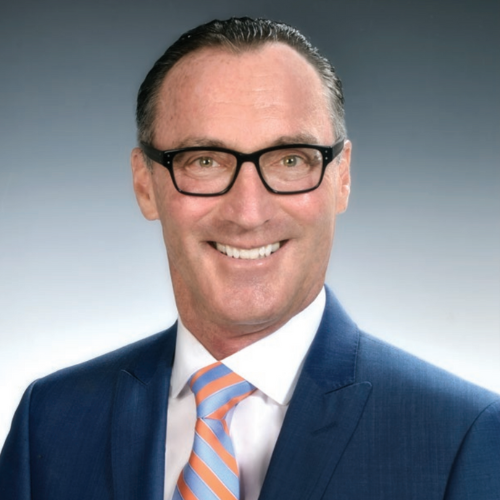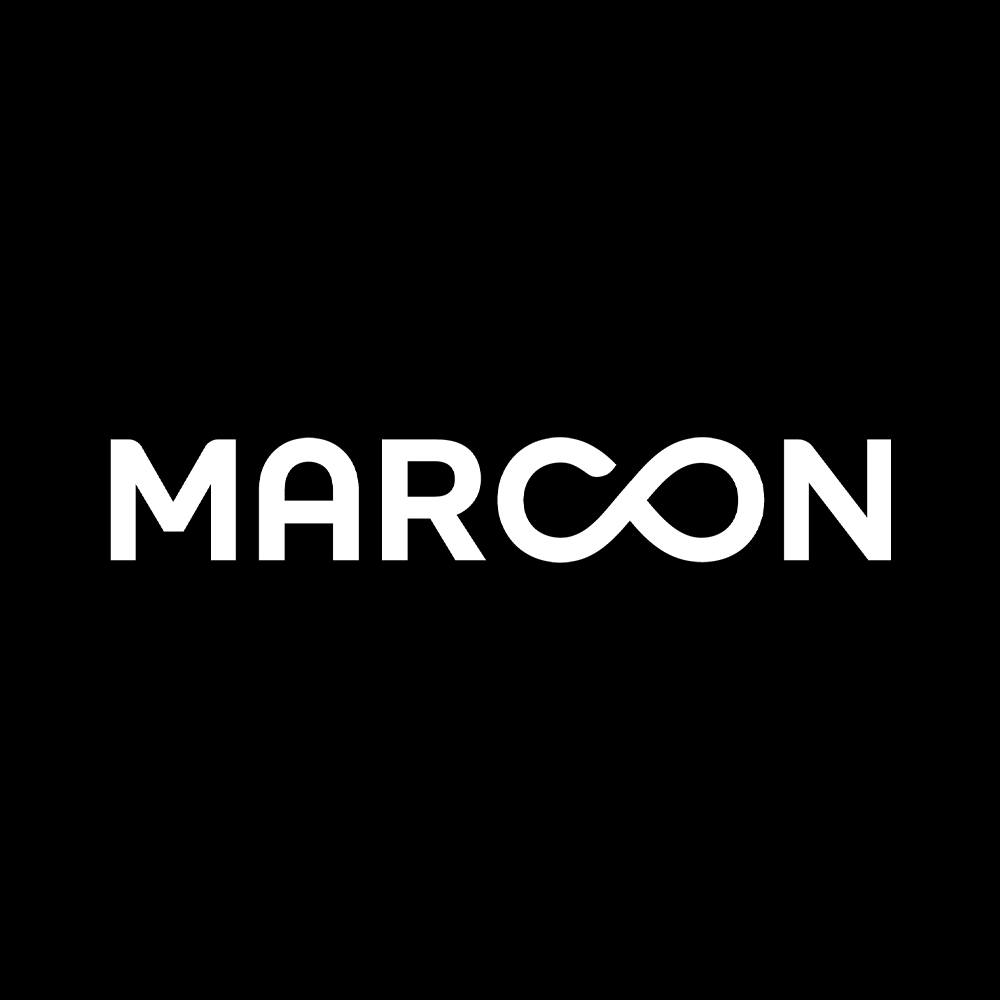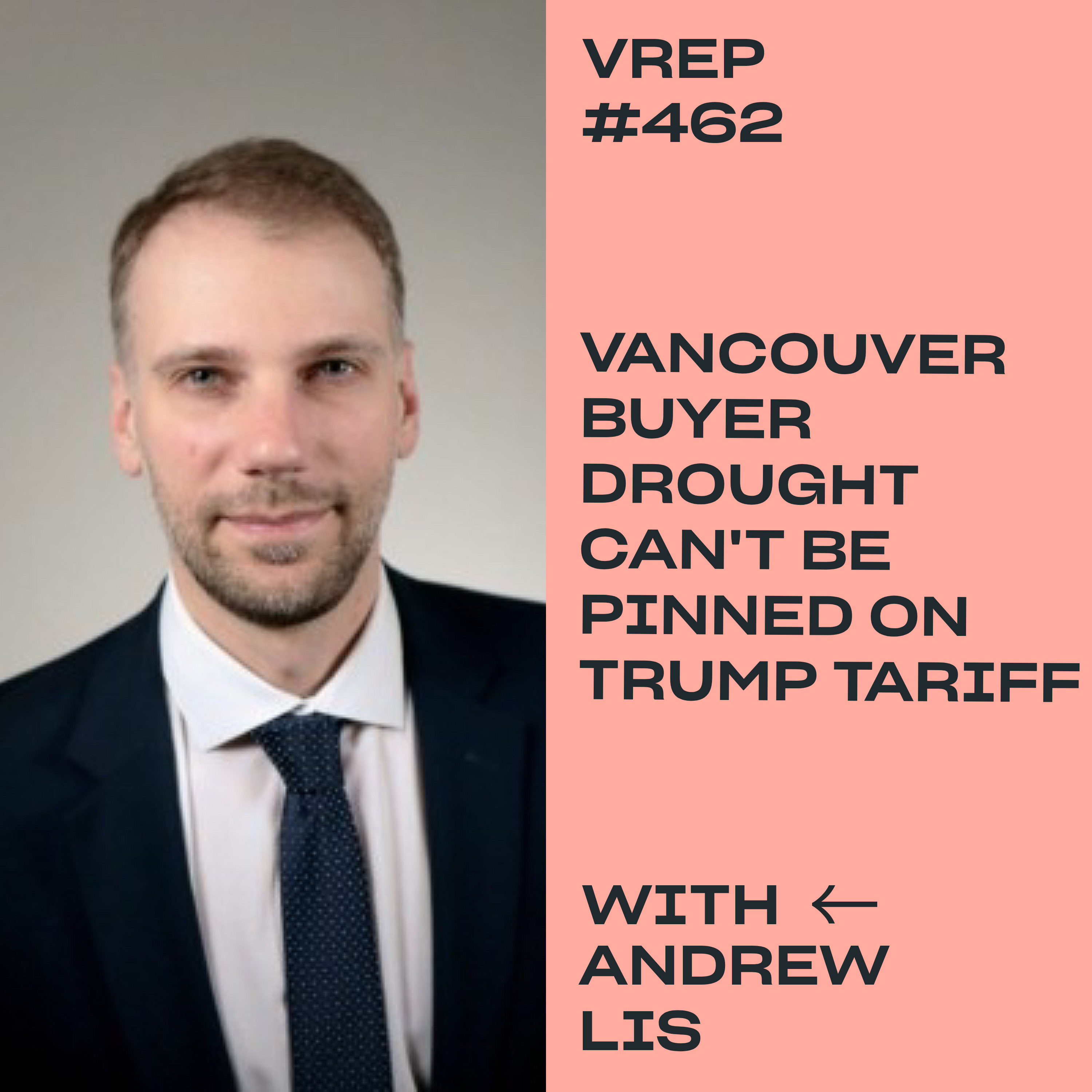Episode 353 – December 22, 2022
Listen On: Apple Podcasts | Spotify | Google Podcasts | YouTube
As many Canadians anxiously wait and hope to time the bottom of the U.S. housing market, it’s high-time for a refresher on the realities and myths of purchasing down South.
Alain Forget, a Canadian who has lived and worked in Florida for RBC for 20 years, and a licensed real estate agent, joins Matt & Adam with key insights into the latest trends and changes in the U.S. real estate market and how Canadians can purchase smoothly with little guess work. We cover home buying 101, legal considerations for foreign buyers, and where to find the opportunities? This is a great crash course for investors who want to get paid in USD!
Guest Information

Alain Forget
Born in Montreal Canada, Alain Forget has been working for RBFG (Royal Bank Financial Group) which is one of the 10th largest Financial Institutions (base on assets) in North America for 34 years in Canada, the Caribbean and since 2000 in the United States.
Alain has performed various business and sales leadership roles in Retail, Commercial Banking, Sales & Marketing, Domestic & International Wealth Management and since 2004 he is responsible for leading the sales and business development strategy for the bank in the U.S. His primary responsibility is to lead a team of sales financial professionals who are managing high value client banking relationships and the cross border segment (U.S. Banking for Canadians) from sales strategy to execution across the U.S.
Alain is married and has one Daughter and one Son. He enjoys traveling, playing golf, tennis and he is a big hockey fan.
His academic background includes a bachelor degree in Finance/Management and Investment.
Episode Summary
What do Canadians buying US real estate need to know? RBC’s Alain Forget shares the best US real estate opportunities for Canadians, plus what you need to know about US mortgages!
Who is Alain Forget?
I’ve been with RBC for over 40 years. I’m a Canadian but have been living in Florida since 2000. In 2004, RBC was looking to develop a cross-border strategy so I was the one who started it off. 19 years later, I’ve gained a lot of experience.
Because we’re a cross-border bank, I realized it would be good for me to better understand the opportunities and challenges in real estate on both sides of the border. So I got my real estate licence in Florida about eight years ago and got a specialization four years ago. Now I can better help my clients achieve their goals in real estate.
What prompted you to move to Florida?
In 1995, I was in private banking and wealth management with RBC in Montreal when the bank gave me the opportunity to lead a private banking team in the Caribbean. So my family and I moved to the Bahamas and I worked in offices around the Caribbean with clients from all over the world. I did that for five years and then was offered a position in Miami.
So I moved to Florida in 2000 to continue working in private banking. In 2004, the bank realized I had quite a bit of experience with Canadians relocating and banking around the world and asked me to start up their cross-border strategy.
I work for RBC Bank USA, which is a fully owned subsidiary of the Royal Bank of Canada. We’re a US bank and a national residential lender for Canadians only.
RBC seems to be one of the only major Canadian banks to offer real estate financing in the US. Why is RBC the major player for Canadians buying US real estate?
A lot of Canadians are connected with the US one way or another, whether it’s through family, leisure travel, business or something else. Whatever someone’s cross-border lifestyle is, that’s where RBC comes in.
A lot of Canadians need US financing. Our focus is to help our clients with those financing and banking needs in the US.
In 2012, we sold our domestic branches in the US to another bank to become a direct digital bank. Canadians can easily transfer funds from CAD to USD; it’s very seamless. Everything is done remotely.
We learned that Canadians are the number one buyers of US properties, so we wanted to be a resource for Canadians buying real estate south of the border. Because it’s all remote, we can help you wherever you are.

What is required for Canadians to get a US mortgage?
We qualify Canadians for US mortgages based on their credit history, assets, income and debt in Canada. We are a US bank but we can qualify Canadians based on what they have, own and earn in Canada.
Because RBC Bank USA is a national residential lender, we are fully dedicated to helping Canadians only. We don’t work with the local US domestic market. We want to provide financing as well as the right information and advice. We have to educate our clients on the differences between Canadian and US real estate.
What do Canadians need to know about US mortgages?
Mortgages are quite a different process in the US than they are in Canada. In Canada, you can get a mortgage within a week from approval to closing. In the US, it’s a bit more cumbersome.
Once you have an approved purchase contract in the US, you can then apply for a mortgage. Our mortgage lenders will provide advice on what documents are needed. Let’s say gathering those documents takes a week. You get the approval and then we plan for the closing. That whole process takes 35-45 days.
It’s not a longer process because the buyers are Canadian; that’s just how the mortgage business works in the US. Even if you were an American purchaser, it would take the same amount of time.
You can get a pre-approval in just a couple of days, but closings still take longer in the US than they do in Canada. Closings are usually 45-60 days after you sign a purchase contract.
How are mortgage terms different in the US than in Canada?
In the US, all of our mortgages offered at RBC are on a 30 year ammortization and they are all open mortgages. It’s the same at most US banks. At RBC, we offer terms of 3, 5, 7 or 10 years to our Canadian clients, all ammortized over 30 years.
Currently, rates are 6.25-6.5% for those terms. However, if rates go down in a few years, you can refinance because mortgages are open. But each time you do that, you have to incur the closing costs, such as appraisals, title insurance and lender fees. Those closing costs are mostly third-party fees and they vary between states.
In Florida, the closing costs are about 3%. In Arizona, it’s about 2% and in California it’s roughly 4-4.5%. US closing costs are similar to fees you pay in Canada like the land transfer tax or lawyer fees. In the US, those are all part of the closing costs.
Canadians assume closing costs in the US are more expensive than in Canada but that’s not necessarily true. It’s just that all of the fees are paid in bulk at the closing table instead of throughout the process.
Closings can be done anywhere because we work remotely – you can sign in your backyard in Vancouver to close with us on a property in Florida. The only exception is California; they don’t allow closings outside of the state. Three days prior to your closing, you’ll receive an itemized list of the closing fees so you know exactly what to expect.
Keep your finger on the pulse of Vancouver’s real estate market with our Live Wire email newsletter.
What are the legal considerations for Canadians buying US real estate?
Canadian buyers need to spend time doing their homework on the legal, tax and estate side of cross-border ownership. My best advice is to seek professional cross-border advice. Each person’s situation is different. For example, in the US there’s a gift tax. So if you put your kids on title but they don’t pay their dues, that’s considered a gift and it’s taxable.
There are a lot of things where you want to avoid double taxation, such as when you have a capital gain when you sell the property. Canada and the US have a wonderful tax treaty that works to ensure you’re not being taxed twice, but you need to know the ground rules and seek professional advice. Usually what you have to pay in the US can be credited against what you would owe in Canada.
It is important from the get-go to seek professional advice to get clear on the issues and establish the best ownership structure for your situation.
This is why for us at RBC, we want to be a holistic resource for Canadians. Not only do we provide cross-border banking and financing, but we also provide tools and resources from our partners to assist clients on their cross-border journeys. We have attorneys on both sides of the border who have worked with us over the last 20 years. They are specialized and experienced in helping Canadians.
What mistakes do Canadians make when buying real estate in the US?
Sometimes Canadians forget that they can get financing in the US. Right now, the average purchase price for Canadians is $500,000 USD, which is about $675,000 CAD. So you need to understand your options and key considerations. You have to do your due diligence from day one to make the process seamless.
At RBC, we want to offer a one-stop shop from dream to doorstep.

How should Canadian buyers be considering the currency exchange from CAD to USD?
There are a number of different strategies to combat currency fluctuations for Canadians buyers in the US. Currently, the Canadian dollar is weak compared to the US dollar and it’s forecasted that it may be that way for a while.
$500,000 USD can buy you more real estate in Florida or Arizona than in Vancouver, but you have to factor in the currency exchange. You have to think of your lifestyle and the type of property you need. Do you want to rent out the property? Use it half the year? You need to set your objectives and budget with your real estate professional.
If you get financing for 80% for a second home, which is the case for most Canadians, you need 20% down. So that 20% down would have to be exchanged from CAD to USD. But the 80% financing would come from a US lender, so you won’t pay a currency exchange on that.
Over the last 10 years, the Canadian dollar was about 76-80 cents to the US dollar. So you can ride out fluctuations over the long term.
Currently, interest rates are higher than they were. But historically speaking, they’re not that bad. You have to be realistic about what you can afford monthly. You also want to get a pre-approval so you can match your objective to your budget.
Overall, how is the US real estate market right now?
Over the last three years, the US real estate market moved similarly to the Canadian real estate market. Last year, Canadians invested $5.5 billion in US real estate which represents over 11,000 residential purchases.
The top states where Canadians are buying are Florida, Arizona and California – those three states make up 80% of Canadian purchases. Why? Those states offer great weather and sunshine, outdoor lifestyles, options to diversify your real estate assets, and affordability (more so in Florida and Arizona than California).
The US real estate reached a peak around spring 2022 and now the market is becoming more balanced. There’s more inventory and less purchases happening, which means more opportunities for buyers. The market has softened over the last few months. Economists are forecasting that the US real estate market will soften by 4.5% while the Canadian real estate market, where the peak may have been higher, may soften up to 14%.
There are a wide range of buying opportunities in the US and the Florida and Arizona markets in particular have a lot to offer. There’s also long term and short term rental options to consider.
With covid, a lot of people are moving from the north of the country to the south to enjoy a more outdoor lifestyle. The average purchase price in Florida is around $400,000 USD, in Arizona it’s $450,000 and in California it’s $850,000. So there’s a lot of opportunity for Canadian investors. They could see great rental income and increased value over time.
What city are you most excited about for real estate investors?
One of the hottest markets in Florida is Orlando. Orlando and Central Florida are very popular areas. 72 million people visit Orlando each year all throughout the year, not just in summer or winter. There’s a lot of construction happening in Orlando and a lot of tech companies coming in, which brings domestic migration.
There is also a lot of short term rental zoning in Orlando with communities that offer very attractive resort lifestyles. If you’re interested in purchasing a short term rental, you’ll want to verify with the HOA what the terms are for short term rentals, as they can vary.
A lot of Canadians are looking at the Orlando market because it’s more affordable and there’s great rental potential. It’s definitely a hot market.
Tampa is another great market in Florida. In Arizona, cities on the west side of the Valley of the Sun are ones to watch. There’s a lot of construction going on there and it’s affordable for investors.

How is the Miami real estate market?
Miami is similar to Vancouver – there are beautiful high-rise condos and not much land. They’re close to $1000/squarefoot with all the amenities. The lifestyle in Miami is quite different from the west coast of Florida. It’s a very strong market and it’s a unique market, but it’s not for everyone. It’s pricier than the rest of Florida.
What will happen in the Florida real estate market in the next 1-5 years?
Unfortunately, I don’t have a crystal ball but the feel I get when I travel around is that Florida will remain solid in the short term and long term. We’re at about 22 million residents in Florida but there’s still a lot of land – not necessarily in places like Miami but along the west coast and in Central Florida. There’s a lot of domestic migration and international investment coming to this market.
There will be some bumps, which is healthy, but I do believe the Florida real estate market is solid. It’s a market that is resilient due to younger investors coming in; we’re not just relying on retired snowbirds anymore. It’s a similar story in Arizona.
The 5 Wire: Getting to Know Head of Sales & Bus.Dev. USA at RBC, Alain Forget
What is one book you would recommend to listeners?
1972: The Series That Changed Hockey Forever by Scott Morrison. I’m a big hockey fan and I still have a lot of great memories from that series.
You’re on death row. What’s your last meal?
I think it would be a nice filet mignon. And maybe a cold beer with that!
Which do you prefer: Montreal, the Bahamas or South Florida?
I enjoy each but from a lifestyle and weather standpoint, I have to say South Florida. I have a lot of friends and family in Montreal but I can’t do winter anymore. The Bahamas was nice too but you have the same weather in Florida, but with less taxes.
What have you been binge watching lately?
House of the Dragon I enjoyed. I liked Game of Thrones a lot so this is a good prequel. I enjoy Billions too, which I believe is on Prime. I enjoy that crazy world!
What is something you’ve purchased recently for under $1500 that has had a positive impact on your life?
My paddleboard! I don’t have a ski slope nearby like you do in beautiful BC, but my paddleboard is perfect. I got an inflated one so I can easily put it in my SUV, head out on the water for a few hours and enjoy that time. I also love my road bike, but I bought that a long time ago. I’m a weekend warrior on my road bike – and I don’t have to put any winter tires on it!
Keep your finger on the pulse of Vancouver’s real estate market with our Live Wire email newsletter.
Episode Host

Adam Scalena
Adam is a full-service realtor, specializing in Vancouver’s best areas. His systematic approach to real estate and dedication to his clients has consistently placed him within the top 10% of realtors operating within Greater Vancouver.

Matt Scalena
Matt is real estate obsessed and considers himself a lifelong student of the Vancouver real estate market. As a co-manager of the Scalena Real Estate team, Matt prides himself on expertly advising buyers and sellers on all aspects of the fast-paced, dynamic Vancouver real estate market. He is present at every stage of the process, from that first phone call or email right through to when keys are exchanged between sellers and buyers.
Resources From Episode
- We’re hosting a series of webinars with cross-border professionals to provide legal and tax information for Canadians thinking of purchasing real estate abroad. We have three top advisors who are experts in their field ready to share helpful info.








